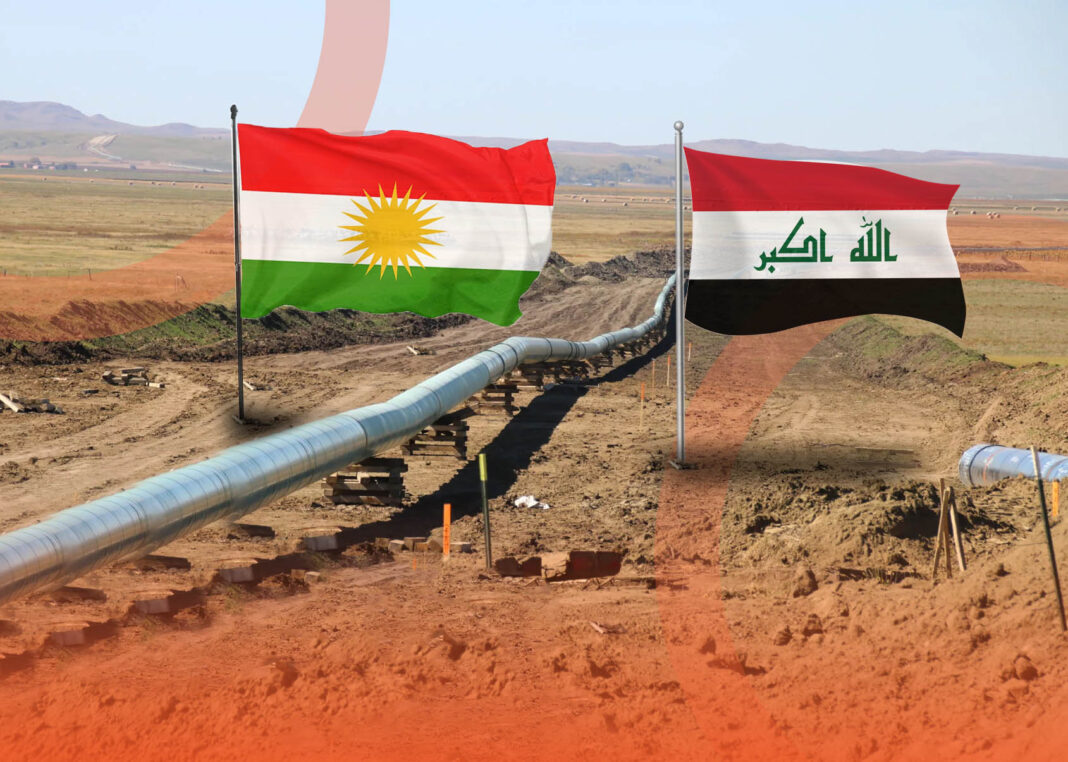Baghdad KRG oil exports have finally resumed after more than two years of suspension. Officials announced that the federal government and the Kurdistan Regional Government reached a new agreement. The deal allows oil to once again flow through Turkey’s Ceyhan port.
The announcement followed three weeks of continuous negotiations. During this period, both delegations visited oil fields and reviewed infrastructure in the Kurdistan Region. On Monday, 23 delegates, including 17 officials from Iraq’s Oil Ministry, signed the final agreement. The move demonstrates renewed cooperation and commitment to rebuilding trust.
Moreover, the Baghdad KRG oil exports agreement outlines clear rules for oil distribution. Iraqi Kurdistan currently produces about 280,000 barrels per day. Of this, 50,000 barrels stay in the north for domestic consumption. The remaining 230,000 barrels are delivered to SOMO, Iraq’s national oil marketer. This structured plan ensures transparent management of resources.
The Kirkuk-Ceyhan pipeline, which spans 970 kilometers, once carried nearly 0.5 percent of global oil supply. However, crude shipments stopped in March 2023 after a ruling from the International Chamber of Commerce. The ICC determined that Turkey violated a 1973 treaty by allowing unauthorized Kurdish exports. As a result, Ankara must now pay Baghdad $1.5 billion in damages for losses caused between 2014 and 2018.
Despite past disputes, the new deal highlights a shift in regional energy relations. Both Baghdad and Erbil recognize the urgent need to stabilize production and restore export revenues. This partnership will also strengthen Iraq’s overall economic position, which relies heavily on oil income.
Additionally, the agreement demonstrates Iraq’s ability to balance complex political and economic challenges. It also reflects growing alignment with Turkey, which depends on Iraqi oil transit. For Iraqis, the deal means more predictable revenue flows and renewed stability in the energy sector.
In conclusion, the Baghdad KRG oil exports deal represents a major breakthrough. By resuming exports through Ceyhan, Iraq secures vital income while reinforcing cooperation between federal and regional authorities. The step not only resolves a prolonged dispute but also strengthens Iraq’s role in global energy markets.



